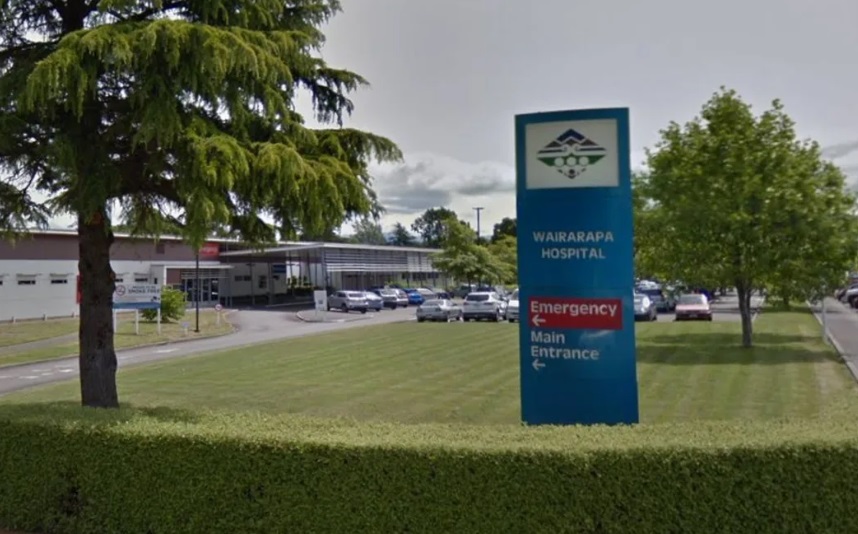
A 62-year-old man was taken into custody at the scene and is now facing a charge of wounding with intent to cause grievous bodily harm.
Police said in a statement the victim and the offender were known to each other, and the victim received moderate injuries.
They said a weapon, confirmed as a machete, had been recovered.
Association of Salaried Medical Specialists executive director Sarah Dalton told Midday Report she was "reasonably certain there was no security staff present in the ED at that time".
The man was disarmed by a doctor, attendants, and the patient herself.
She said there were several people in the ED, and it must have been "really frightening" and "really stressful" for everyone involved.
She said it was not standard in small hospitals to have round-the-clock security in place in the ED.
"They may have one or more security staff on-site, but they may be far away from the emergency department," she said.
Dalton said staff at the hospital had told her this sort of thing "never used to happen", and it was "really shocking to longer-serving staff".
"Some of the newer ones kind of expect the workplace to be violent, which is a really terrible thing to have to say about our hospitals."
It was not just a matter of just beefing up security either, said Dalton.
Some of the security staff the government temporarily put in over summer were not specifically trained for hospital settings or in de-escalation, she said.
"While they were able to be there as a visible presence, they weren't actually able to be of a lot of practical help."
Te Whatu Ora Wairarapa group director operations Kieran McCann said in a statement, following the incident, that extra security was placed in the emergency department and staff were being supported.
"We condemn all actions of violence against patients and staff. An investigation will take place into this incident to determine if there was anything which could have prevented it occurring."
Security had been temporarily beefed up over the Christmas period. That had since been removed.
But Dalton said even that was not enough.
"We need better than that," she said.
Those temporary staff were not trained in a hospital setting or de-escalation or restraint, she said, so they would not have been "a practical help" if an incident occurred.
She said a proper review was needed, and specific funding for ED security.












